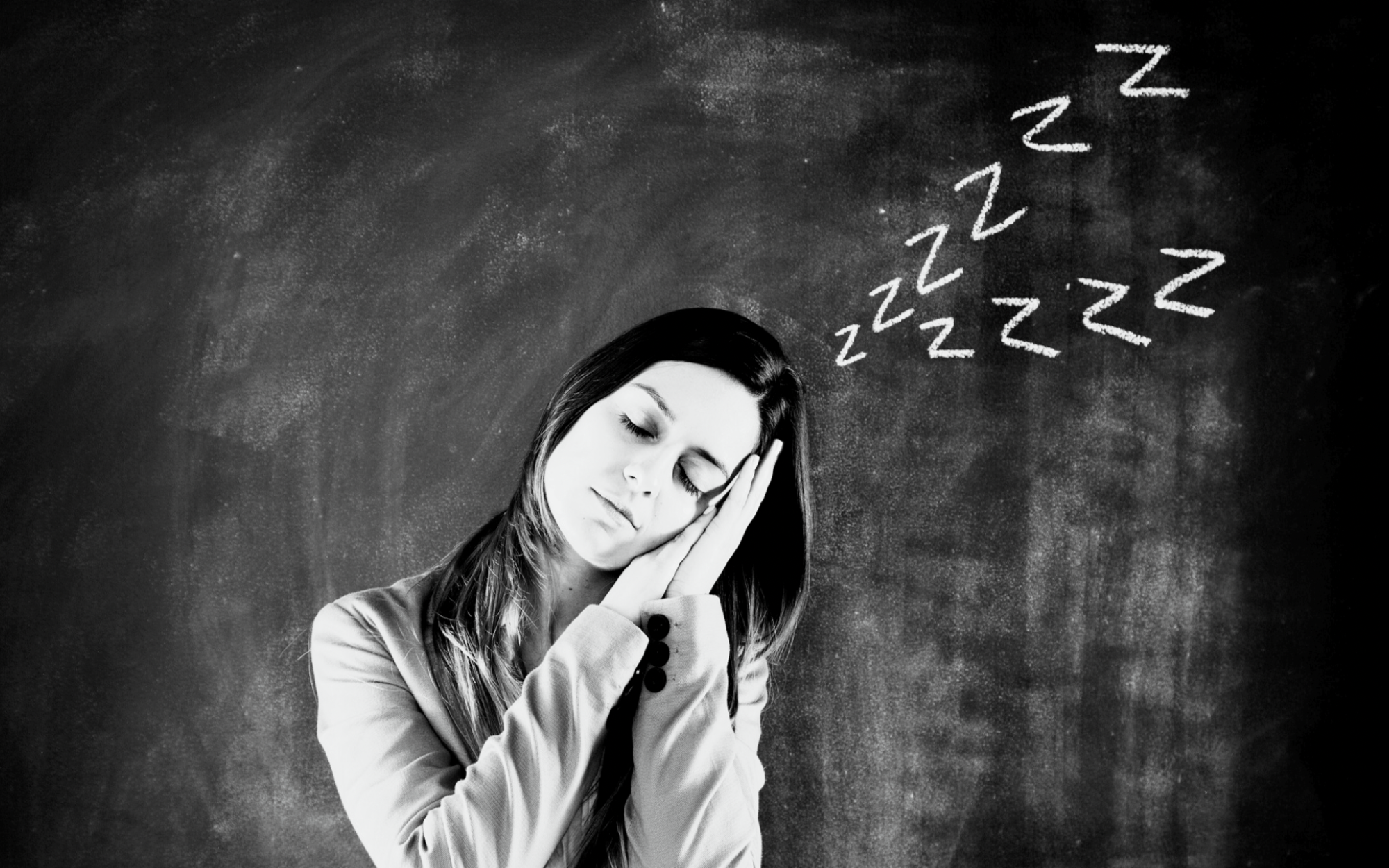
Vol. 24: The Science of Sleep
The foundation of the well-known scientific premise for sleep evolution builds from the idea that we were awake and evolved to sleep.
But what if it's the other way around?
Why do we assume that we evolved sleep rather than that sleep is the defacto state of all birthed life on planet earth, and it's from rest that wakefulness emerged and became?
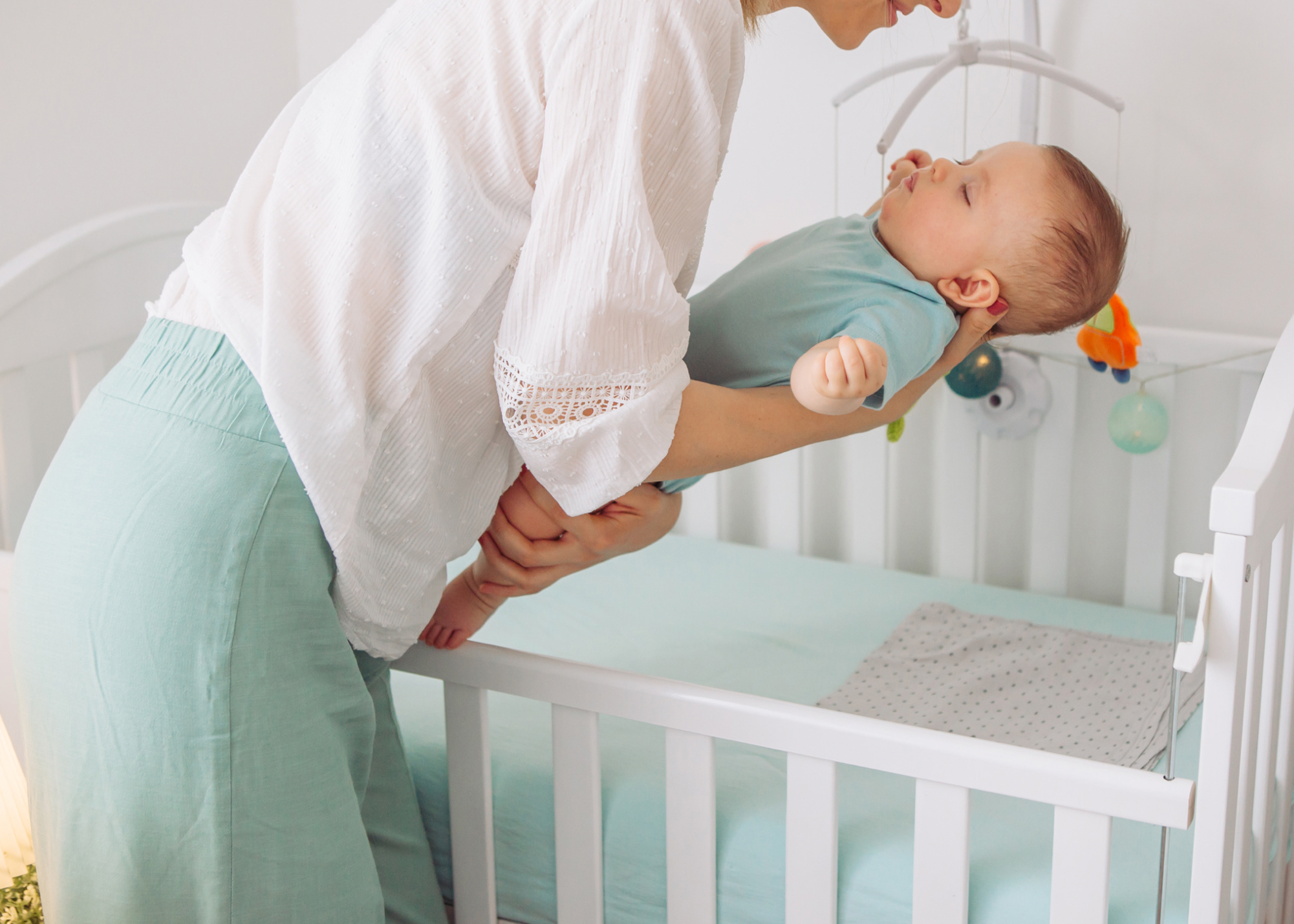
Of course, the evolutionary advantage of wakefulness is self-evident; we need to procreate, feed ourselves, walk and talk as functioning members of society, and the like. But, less obvious is the evolutionary advantage of sleep.
Often, we see rest as something that gets in the way of our productivity rather than something crucial for all of the functions of human survival.
People relatively ignorant of sleep science believe they can shave off an hour or two of sleep here and there and not suffer any consequences. But the truth is that one hour can determine life or death when catching those Zs.
Think about the tremendous global experiment performed on over two billion people across seventy countries twice yearly: daylight savings time.
Scientists have discovered that when we lose one hour of sleep in the spring, there is a 24% increase in heart attacks the following day. Then, in the Fall, a 21% reduction in heart attacks the day after we gain an hour.
Yet if everyone were sleeping eight hours a night, it would be irrelevant. So it's less about daylight savings time as it is about our social constructs around when we need to get up and go to work or school.
Unfortunately, society has stigmatized sleep as laziness. Some say if you get sufficient sleep, you're slothful, perhaps unorganized, uncreative, and unmotivated – a loser in a world where anyone can win.
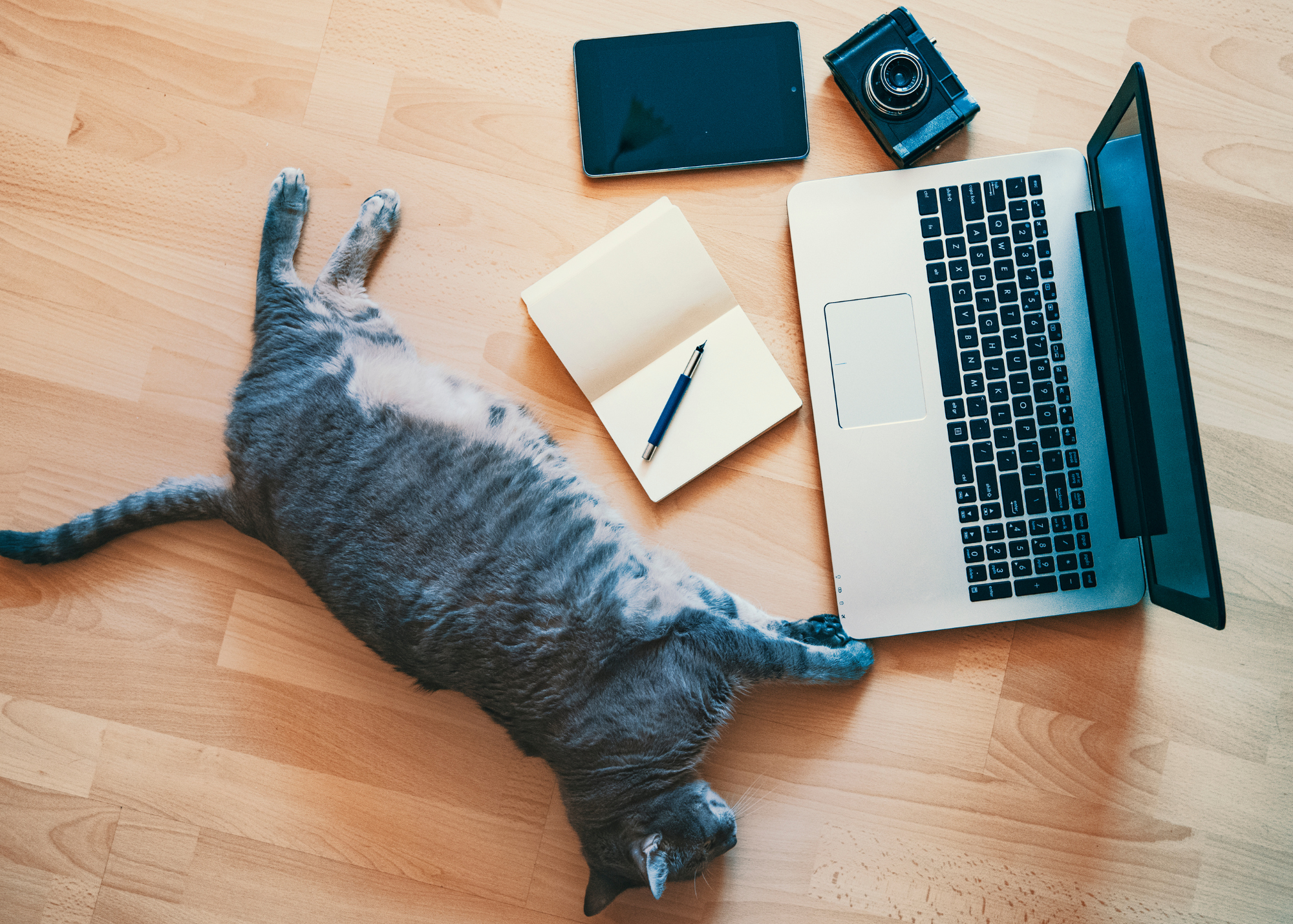
Here's my hot take: Sleep is not an optional lifestyle luxury; it's a non-negotiable. Sleep is a biological necessity, not an add-on to plug into at leisure.
Sleep Hygiene
During deep sleep, the body produces critical immune system factors. Even better, sleep increases the sensitivity and receptivity of our bodies to those elevated immune factors causing us to wake up a more robust, immune individual.
Think of it this way: Sleep restocks the weaponry in our immunity arsenals.
Sleep Hygiene refers to healthy sleep habits. Good sleep hygiene is essential because of how crucial getting sufficient rest is for our mental and physical health and our overall quality of life and ability to regulate our emotions – calling all parents, addicts, and human beings (kids too!)
Healthy sleep hygiene applies not only to us but especially to our children. While the National Sleep Foundation recommends adults get between 7-9 hours of sleep, school-age kids should still get 9-11 hours.
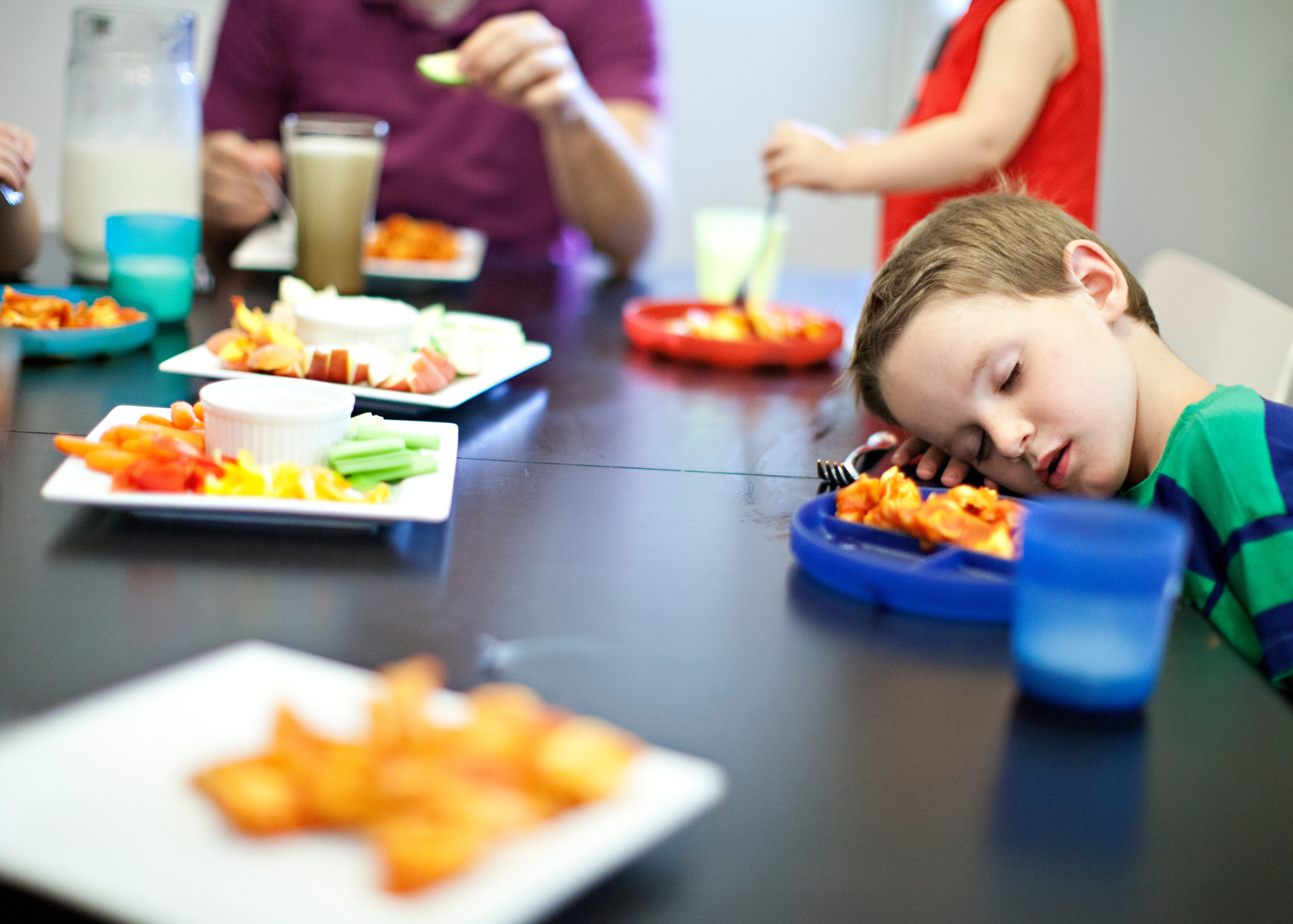
The things we do during the day – and not only moments just before falling asleep, but from the second we wake – affect how well we sleep. From our food and beverage choices to how we spend our busy and free time, each move we make in the game of life plays a role in how quickly we fall asleep and how deeply into tranquility our bodies and minds delve.
If you are sleep-deprived, your appetite hormone, ghrelin, is high, and the hormone that causes you to feel full, leptin, is low, often causing you to eat more at night, resulting in issues with weight gain and overall poor nutritional health.
According to a professor of neuroscience and psychology at the University of California, Berkeley, Matthew Walker,
"Sleep is the single most effective thing that we can do each day to reset the health of our brain and body."
Is there any primary organ system in our bodies, or is there any operation of our complex minds that isn't wonderfully enhanced when we get to sleep or demonstrably impaired when we don't get enough sleep?
From a scientific research standpoint, the answer is no.
Lack of sleep over long periods increases the risk of several health problems. These include:
- High blood pressure
- Heart diseases
- Insulin resistance
- Type 2 diabetes
- Obesity
- Depression
- Other mental health disorders
Moreover, lack of proper sleep or poor sleep quality decreases productivity and increases irritability.
Healthy sleep helps to form and maintain the pathways in your brain responsible for learning and new memories.
Feeling sluggish, foggy-headed, forgetful, overwhelmed, or even grumpy can all be signs of poor quality sleep.
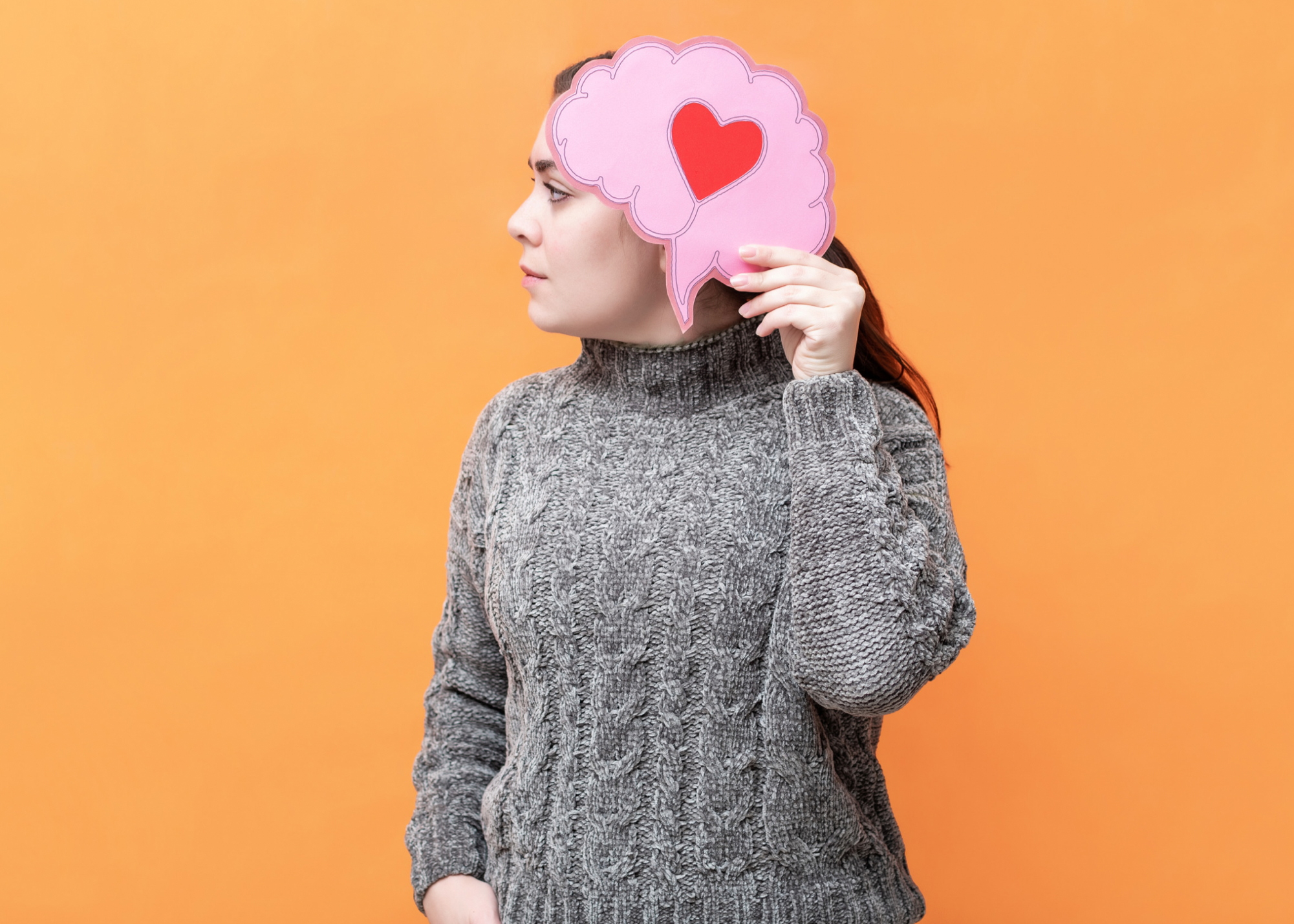
Sleep’s Role in Addiction & Emotions
How these symptoms relate to substance abuse and addiction can make them even more destructive over the long term. For example, the effects of poor sleep can exacerbate someone's struggle or even lead someone to engage in substance abuse to cope with their poor sleep habits.
The Journal of Medical Hypotheses acknowledges sleep disturbances as one of substance abuse's "universal withdrawal symptoms." During recovery, these disturbances, such as insufficient amounts of sleep, poor quality of sleep, or disruptive dreams, can fuel cravings and increase the risk of relapse.
Disturbed sleep—especially in combination with the most studied substances like alcohol—is a predictive factor in relapse. The likelihood of relapsing increases if you're experiencing poor sleep quality or a lack thereof during your recovery process.
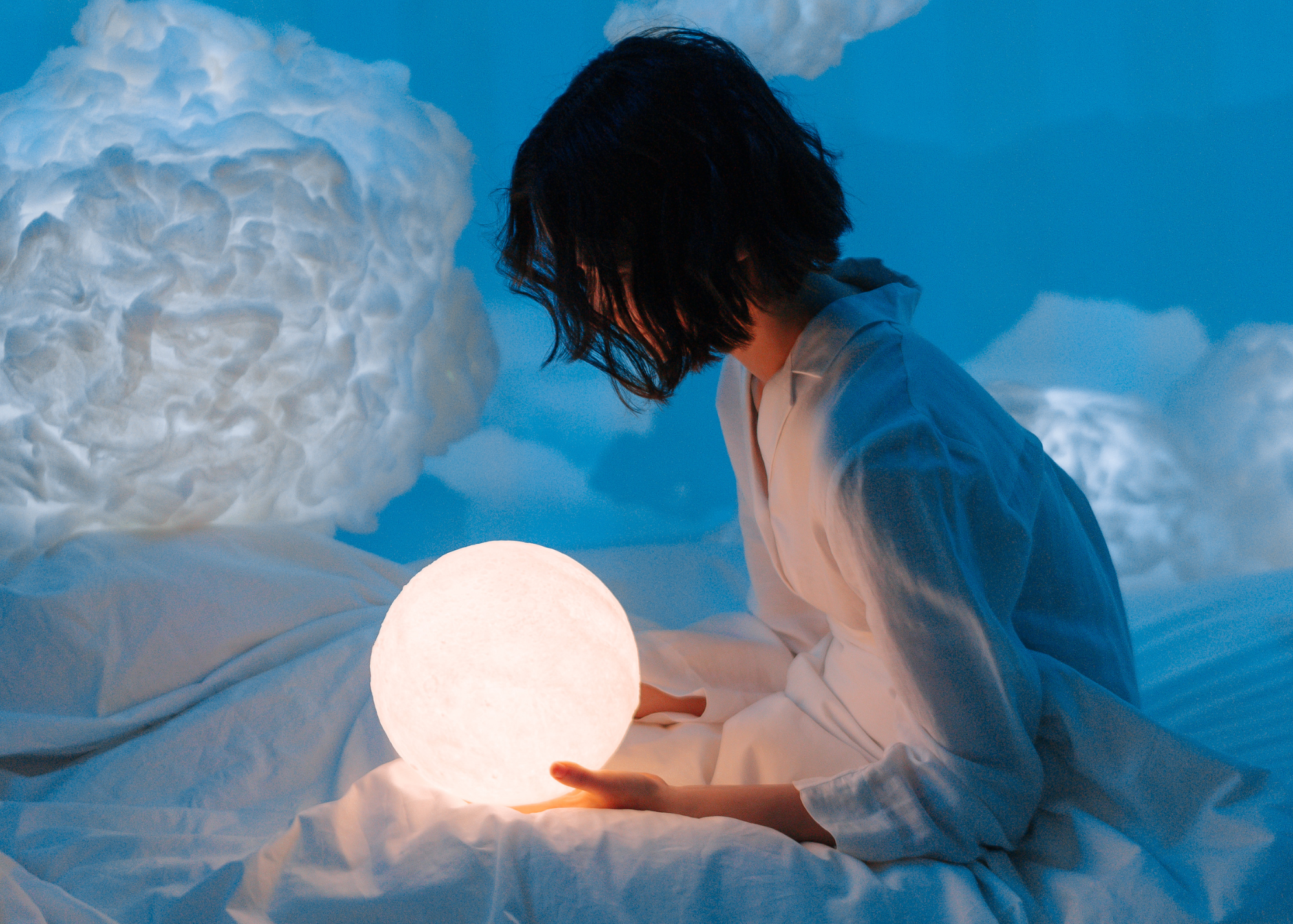
Fun fact: People sleep less under a full moon.
Have you ever thought about the meaning of the term lunatic?
Based on the relationship between sleep and our emotional health, our emotional integrity falls apart when we don't get sufficient sleep; we become emotionally unhinged. It's as if we're pendulum-like in our emotional reality.
My point is, with a full moon – as long as it's not a cloudy night – you get more luminance, decreasing the melatonin hormone.
In this modern era, we are genuinely a dark-deprived society. But we need darkness to trigger melatonin when it's time for rest.
Now, I won't go into a rant about putting your screen down 30 minutes before bedtime or limiting bedroom activity to intimacy and sleep only. But I will tell you that blue light exposure will keep you up at night.
But, then again, so will crippling anxiety, the scary sounds of children, excessive caffeine, and politics.
The 4 Sleep Chronotypes
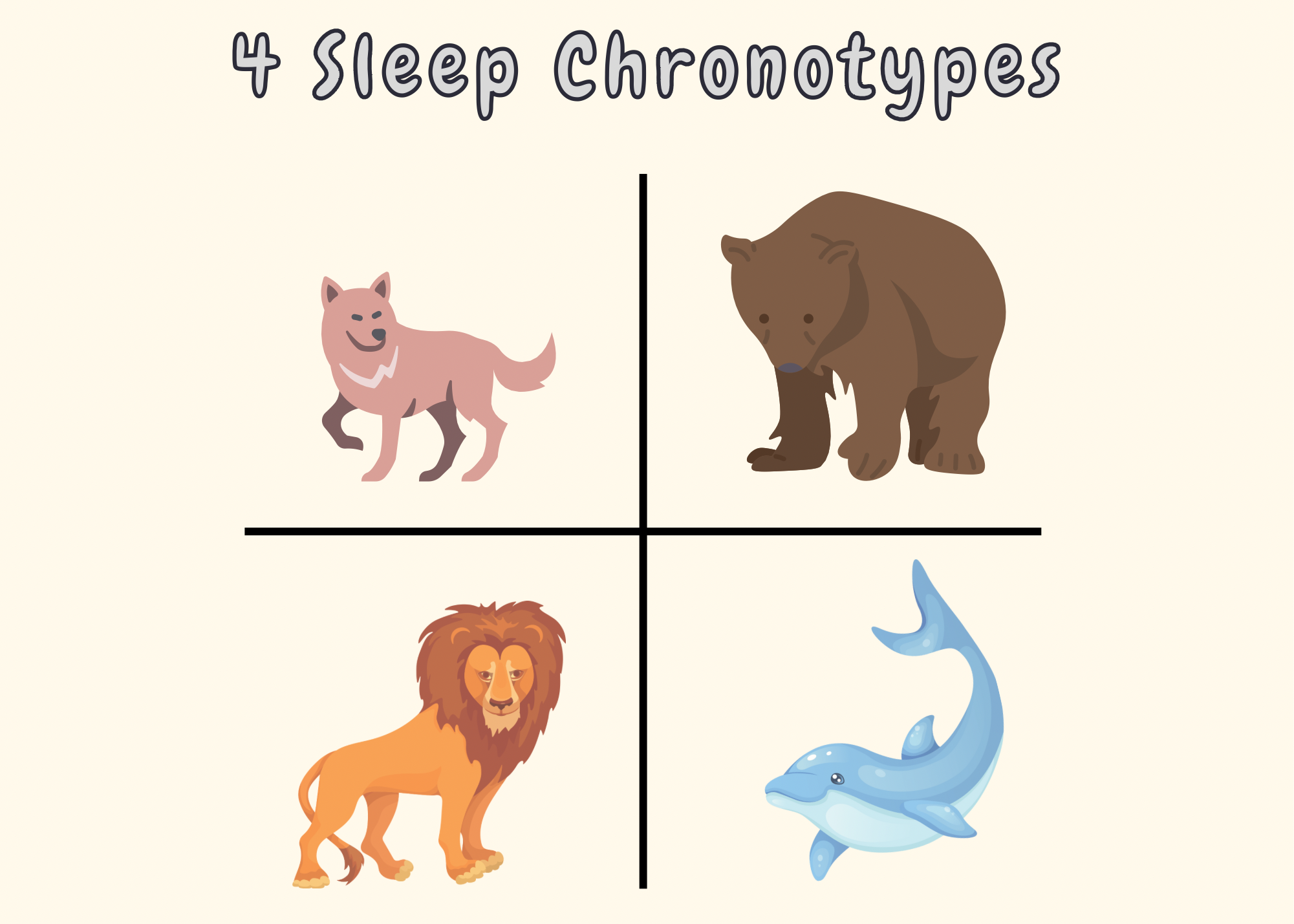
To begin with, the best way to fine-tune your sleep routine is to discover what type of sleeper you are.
Many of us have considered ourselves to be one of two types of sleepers: an early bird or a night owl. But as it turns out, there are four sleep chronotypes, and knowing which one you are will help you get some excellent shut-eye.
Not everyone’s biological clock runs on the same schedule. And, while the early bird may get the worm, the second mouse gets the cheese!
In his 2016 book, The Power of When, Dr. Michael Breus breaks down the different chronotypes, or classifications, based on morning and evening preferences, then links each one to an animal whose snooze-time habits best fit the characteristics; in this case, a bear, wolf, lion, and dolphin. He insists that knowing your chronotype is key to balancing your ideal bedtime with the time of day you are most productive, and explains:
"Working against your natural wiring, as much as it might seem advantageous in a given moment, is not productive. Understanding your circadian clock (and how it operates) can help you get rejuvenating sleep at night and lead a happy, healthy life."
Chronotypes explain why some people work better at night (me), while others doze off after the evening news and feel their best at dawn (not me!)
"Your chronotype influences hormone levels, metabolic function, and body temperature, to name a few, "Dr. Breus says.
Spoiler alert: I was once a wolf, then I had a baby, and now I'm a dolphin.
I Understand…
The environment, support, or financial stability to sleep in a manner that doctors and scientists, and blogger moms recommend isn’t readily available to everyone.
When I first expressed to my husband my interest in writing about this topic, he cackled, then said, "Well, you're certainly qualified to talk about sleep."
And he's right, the older I grow, the more I understand and appreciate the significance of getting in that eight hours of slumber.
But those are not uninterrupted hours. Nope. No way in hell; I sleep with a full-grown man, two cats, and a six-year-old child, after all!
I salute those of you who are parenting solo!
I am incredibly fortunate to have a partner of nearly ten years. We share a honed rhythm which makes our lives as parents and partners abundantly more manageable than I ever dreamed possible.
The magnitude of these gifts from the universe – my partner and the roof over my head – isn't lost on me; I am eternally grateful.
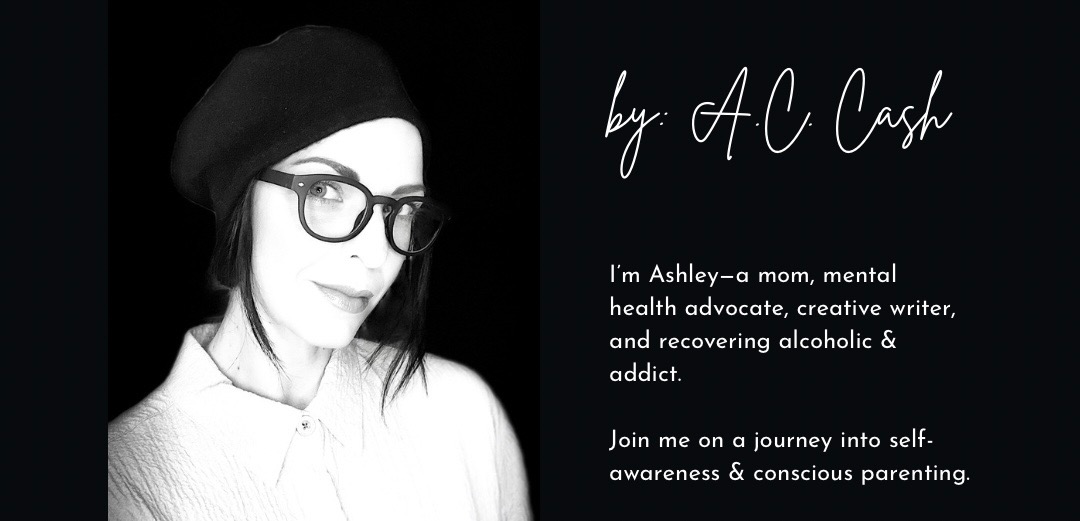
Post a comment